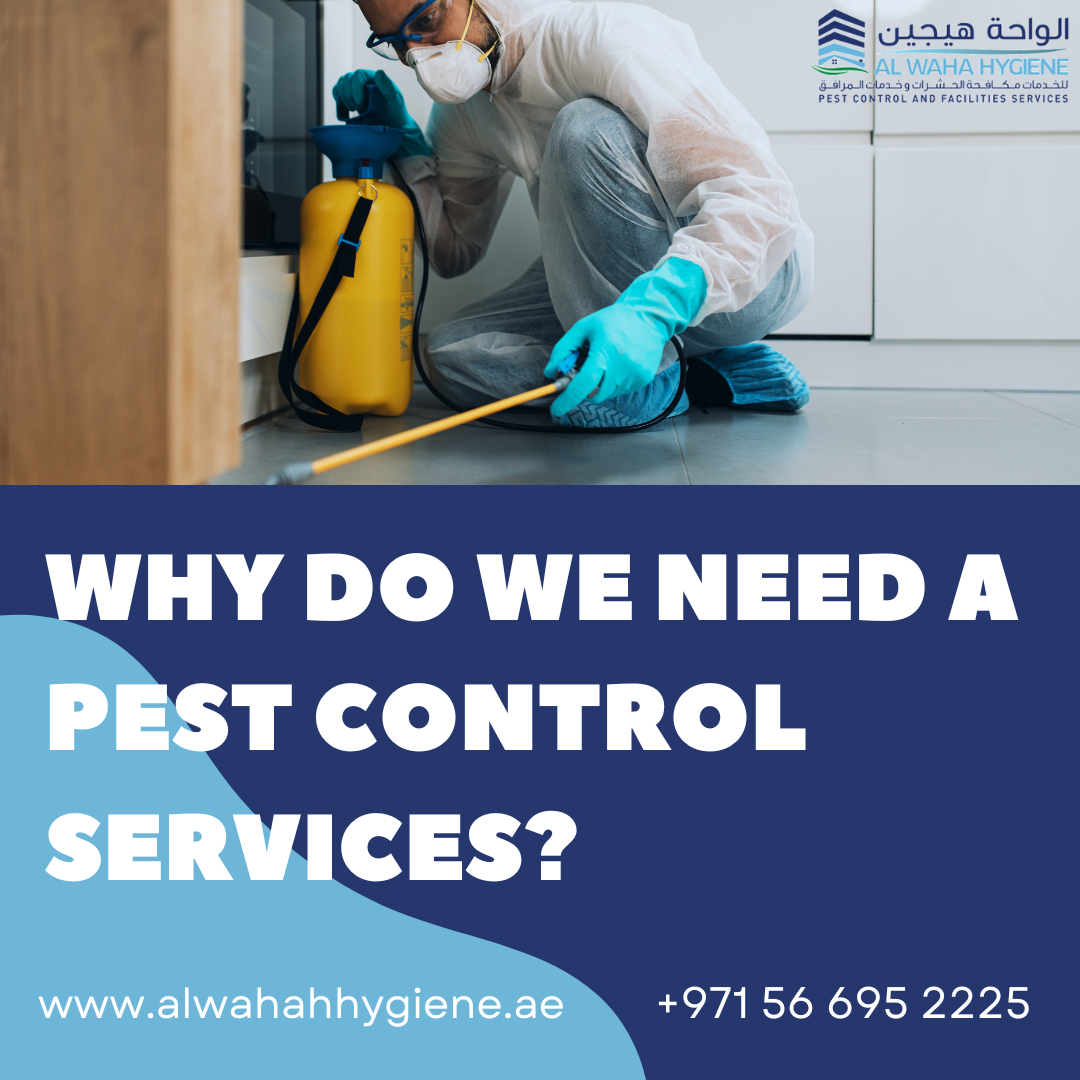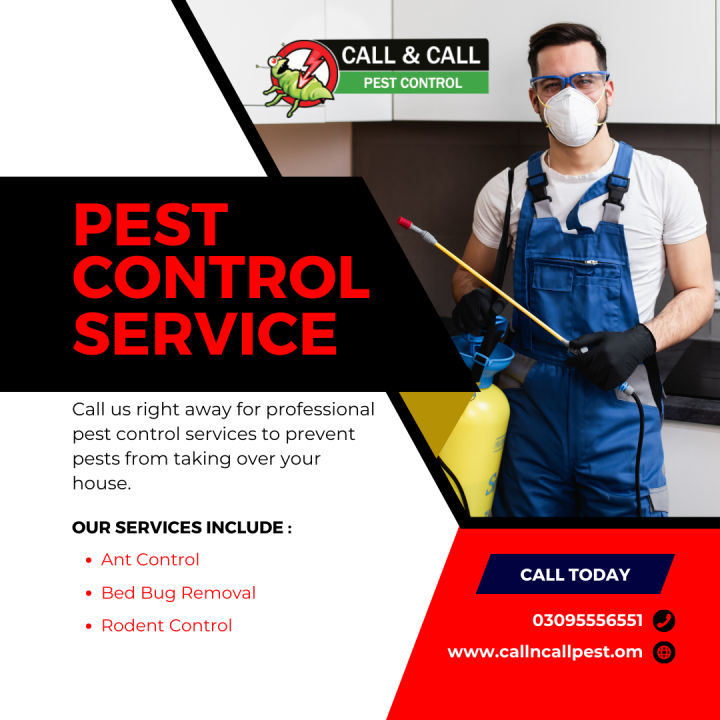Understanding the Various Approaches to Parasite Control: A Comprehensive Overview

Natural Parasite Control Methods
Employing environmentally friendly methods such as buddy planting and biological insect control is vital for successfully handling bugs in agricultural settings. Companion growing entails expanding different crops in proximity to deter pests, boost nutrient uptake, and boost general crop health. For instance, growing marigolds along with tomatoes can assist ward off nematodes. In a similar way, intercropping maize with vegetables can interrupt the breeding patterns of parasites like corn borers.
Organic bug control involves presenting natural killers or pathogens to regulate pest populations. Ladybugs, for example, feed upon aphids, controlling their numbers without the requirement for chemical pesticides. Another example is using Bacillus thuringiensis (Bt), a germs that targets specific insect bugs while being harmless to human beings, animals, and valuable bugs.
These eco-friendly techniques not just decrease the reliance on synthetic chemicals however additionally help maintain biodiversity and soil wellness. By incorporating all-natural pest control methods right into agricultural methods, farmers can attain sustainable insect monitoring while reducing adverse influence on the setting.

Chemical Parasite Control Solutions
Along with natural bug control methods, the usage of chemical parasite control services plays a substantial role in properly managing pest populations in agricultural environments. Chemical insect control options are developed to target certain parasites that might create considerable damages to plants. These remedies often contain synthetic chemicals that are made to eliminate insects rapidly and effectively.
One of the crucial benefits of chemical pest control solutions is their effectiveness in controlling bug invasions widespread. Farmers can apply these services utilizing different techniques such as spraying, fumigation, or seed therapy to shield their plants from dangerous bugs, weeds, and illness. Additionally, chemical pest control remedies are fairly simple to apply and can provide quick results, helping farmers guard their returns and reduce economic losses.
Nevertheless, it is vital to use chemical parasite control services deliberately to lessen potential unfavorable impacts on the setting, non-target organisms, and human health and wellness. Proper application methods, adherence to safety standards, and regular tracking are crucial to make sure the responsible use of chemical parasite control services in farming practices.
Biological Parasite Control Approaches
Organic parasite control approaches take advantage of all-natural predators or microorganisms to take care of insect populaces in farming settings successfully. One common organic control approach is the intro of all-natural opponents, such as ladybugs or parasitical wasps, to target details pests.
An additional biological control approach includes using virus like infections, bacteria, or fungis to contaminate and kill bugs. Overall, additional resources organic insect control our website strategies use a lasting and targeted option to pest monitoring in agriculture.
Integrated Pest Administration (IPM)
Integrated Pest Administration (IPM) is a comprehensive technique that incorporates different bug control strategies to properly manage and lessen pest populaces in agricultural systems. IPM concentrates on long-lasting avoidance of pests via a combination of organic, cultural, physical, and chemical control approaches. By integrating these various methods, IPM intends to lower reliance on chemical pesticides, lessen ecological impact, and promote sustainable bug management methods.
One secret facet of IPM is making use of biological controls such as natural predators, bloodsuckers, and virus to manage pest populations. This technique uses the power of nature to maintain an equilibrium in between parasites and their all-natural enemies without causing damage to the setting.
In addition, IPM involves social techniques like crop hygiene, turning, and habitat adjustment to create undesirable conditions for pests and disrupt their life process. Physical controls such as mulches, traps, and obstacles are likewise used to prevent parasite problems.
Physical and mechanical Parasite Control Strategies
Making use of non-chemical techniques, such as mechanical and physical insect control techniques, is an important aspect of comprehensive parasite administration techniques, building upon the structure of Integrated Bug Administration's holistic strategy. Mechanical bug control entails the use of physical barriers or traps to avoid bugs from accessing and damaging plants or structures. This method can include strategies like mounting displays on windows, utilizing row covers in agriculture, or employing sticky catches to catch pests.
Physical bug control techniques, on the other hand, concentrate on directly eliminating insects with physical ways. For example, making use of warm treatments to eradicate bed insects or vacuuming up parasites like ants or crawlers can be efficient methods to take care of invasions without making use of chemicals. By incorporating these physical and mechanical pest control methods right into an Integrated Pest Management plan, experts and people can lower dependence on chemicals while still efficiently handling pest populations and lessening damages.
Verdict

In addition to all-natural bug control methods, the application of chemical bug control solutions plays a substantial function in effectively taking care of pest populations in farming atmospheres.One of the key benefits of chemical insect control solutions is their efficiency in controlling bug infestations on a huge range.Integrated Insect Monitoring (IPM) is a detailed approach that integrates numerous insect control approaches to efficiently take care of and reduce pest populaces in agricultural systems.Making use of non-chemical methods, such as physical and mechanical parasite control techniques, is a crucial element of thorough insect administration approaches, building upon the structure of Integrated Parasite Monitoring's all natural method. By including these physical and mechanical insect control strategies into an Integrated Insect Administration strategy, individuals and professionals can lower reliance on pesticides while still successfully reducing and handling pest populaces damages.